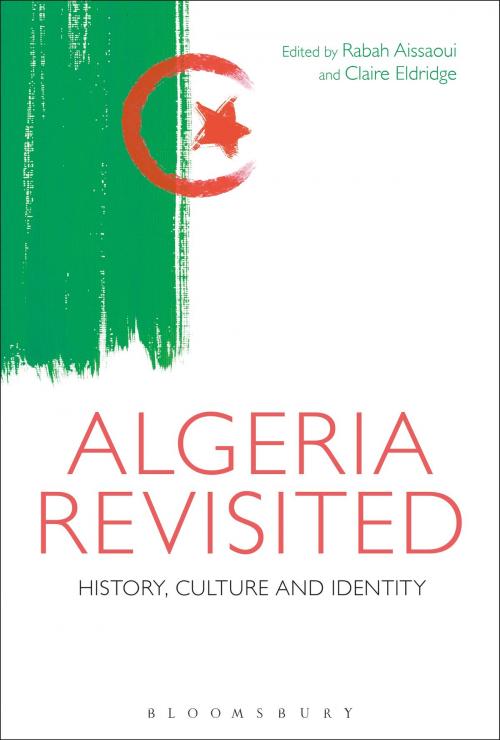| Author: | ISBN: | 9781474221054 | |
| Publisher: | Bloomsbury Publishing | Publication: | March 9, 2017 |
| Imprint: | Bloomsbury Academic | Language: | English |
| Author: | |
| ISBN: | 9781474221054 |
| Publisher: | Bloomsbury Publishing |
| Publication: | March 9, 2017 |
| Imprint: | Bloomsbury Academic |
| Language: | English |
On 5 July 1962, Algeria became an independent nation, bringing to an end 132 years of French colonial rule. Algeria Revisited provides an opportunity to critically re-examine the colonial period, the iconic war of decolonisation that brought it to an end and the enduring legacies of these years.
Given the apparent centrality of violence in this history, this volume asks how we might re-imagine conflict so as to better understand its forms and functions in both the colonial and postcolonial eras. It considers the constantly shifting balance of power between different groups in Algeria and how these have been used to re-fashion colonial relationships. Turning to the postcolonial period, the book explores the challenges Algerians have faced as they have sought to forge an identity as an independent postcolonial nation and how has this process been represented. The roles played by memory and forgetting are highlighted as part of the ongoing efforts by both Algeria and France to grapple with the complex legacies of their prolonged and tumultuous relationship.
This interdisciplinary volume sheds light on these and other issues, offering new insights into the history, politics, society and culture of modern Algeria and its historical relationship with France.
On 5 July 1962, Algeria became an independent nation, bringing to an end 132 years of French colonial rule. Algeria Revisited provides an opportunity to critically re-examine the colonial period, the iconic war of decolonisation that brought it to an end and the enduring legacies of these years.
Given the apparent centrality of violence in this history, this volume asks how we might re-imagine conflict so as to better understand its forms and functions in both the colonial and postcolonial eras. It considers the constantly shifting balance of power between different groups in Algeria and how these have been used to re-fashion colonial relationships. Turning to the postcolonial period, the book explores the challenges Algerians have faced as they have sought to forge an identity as an independent postcolonial nation and how has this process been represented. The roles played by memory and forgetting are highlighted as part of the ongoing efforts by both Algeria and France to grapple with the complex legacies of their prolonged and tumultuous relationship.
This interdisciplinary volume sheds light on these and other issues, offering new insights into the history, politics, society and culture of modern Algeria and its historical relationship with France.















